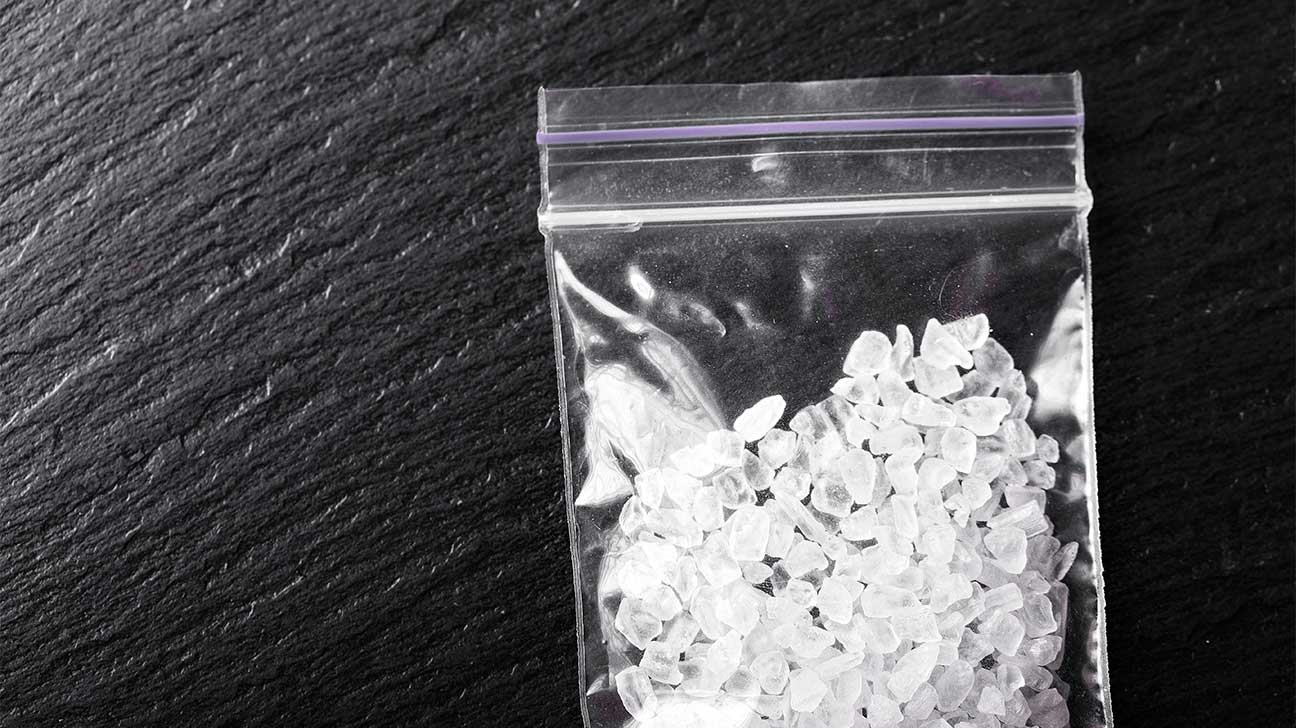
The lethal dose of methamphetamine (meth) is 200 milligrams (mg). However, there have been deaths under lower doses than 200 mg. A regular dose of meth can be anywhere between 5-60 mg.
Meth is a Schedule II drug, meaning it is used in some medical contexts. A much weaker form of the drug is used in medications that treat ADHD, narcolepsy, and other disorders.
The form of the drug illegally sold on the streets is much more potent and has a higher risk of abuse.
Learn more about the fatal doses of commonly abused drugs.
Factors That Determine The Lethal Dose Of Methamphetamine
Methamphetamine is a powerful and highly addictive drug. It comes in three primary forms: crystal (the most potent form), base, and speed.
It comes from the parent drug amphetamine. Meth differs from amphetamine in that more of the drug enters the brain and it has more harmful effects on the central nervous system.
These factors mean that meth has a much higher potential for abuse, which can lead to taking higher and higher doses of the substance, leading to a risk of overdose.
How Likely Is A Fatal Methamphetamine Overdose?
Fatal methamphetamine toxicity is relatively uncommon, but it is possible.
In one report, researchers determined that the deaths of two drug dealers who ingested a handful of methamphetamine tablets were in fact due to an overdose.
A person is more likely to fatally overdose on meth if it’s mixed with other substances, such as morphine or alcohol.
Mixing Methamphetamine And Morphine Can Have Lethal Results
In a study conducted on mice, the lethal dose of methamphetamine was calculated to be 95 milligrams per kilogram of body weight.
However, when a non-lethal dose of morphine, 300 mg/kg, was administered, the lethal dose of meth dropped to just 5 mg/kg.
This suggests that the combination of meth and morphine enhances the toxicity of both substances, producing dangerous and potentially fatal results depending on how much a person ingests.
Life-Threatening Complications From Meth
Health concerns don’t stop with overdoses. There are also multiple long-term health problems that can lead to death if a person regularly abuses meth.
A few of these health concerns include:
- permanent damage to the heart
- permanent damage to the brain
- high blood pressure
- risk of heart attack
- organ damage
Know The Signs Of A Methamphetamine Overdose
It’s important to recognize the warning signs of a meth overdose so that proper medical attention can be provided right away.
Here are some of the signs of a methamphetamine overdose:
- difficulty breathing
- abdominal pain
- seizures
- paranoia
- aggressive behavior
- enlarged pupils
- kidney failure
- stroke
- high body temperature
Find Addiction Treatment Today
If you or a loved one are facing a substance use disorder, you can find drug addiction treatment today. Call us to learn about your treatment options and how to start your recovery journey.
Addiction Resource aims to provide only the most current, accurate information in regards to addiction and addiction treatment, which means we only reference the most credible sources available.
These include peer-reviewed journals, government entities and academic institutions, and leaders in addiction healthcare and advocacy. Learn more about how we safeguard our content by viewing our editorial policy.
- National Institute on Drug Abuse — Methamphetamine Research Report
https://www.drugabuse.gov/publications/research-reports/methamphetamine/overview - U.S. National Library of Medicine: MedlinePlus — Methamphetamine overdose
https://medlineplus.gov/ency/article/007480.htm - U.S. National Library of Medicine: PubMed — Methamphetamine overdose and fatality: 2 cases report
https://pubmed.ncbi.nlm.nih.gov/11075983/ - U.S. National Library of Medicine: PubMed — Potentiation of lethality and increase in body temperature by combined use of d-methamphetamine and morphine in mice
https://pubmed.ncbi.nlm.nih.gov/3350457/ - Substance Abuse and Mental Health Services Administration (SAMHSA) — Know the Risks of Meth
https://www.samhsa.gov/meth


